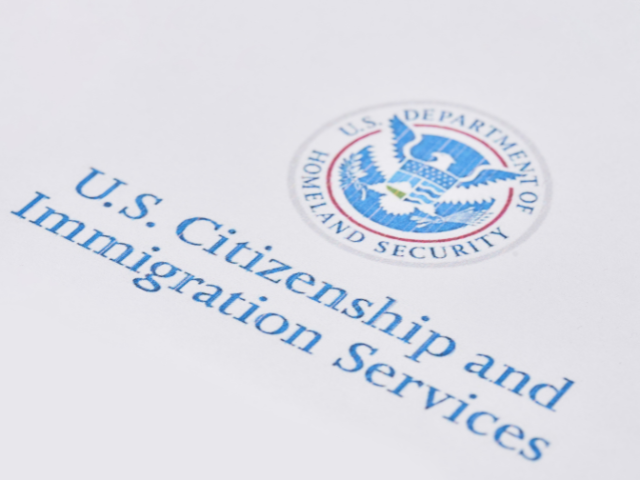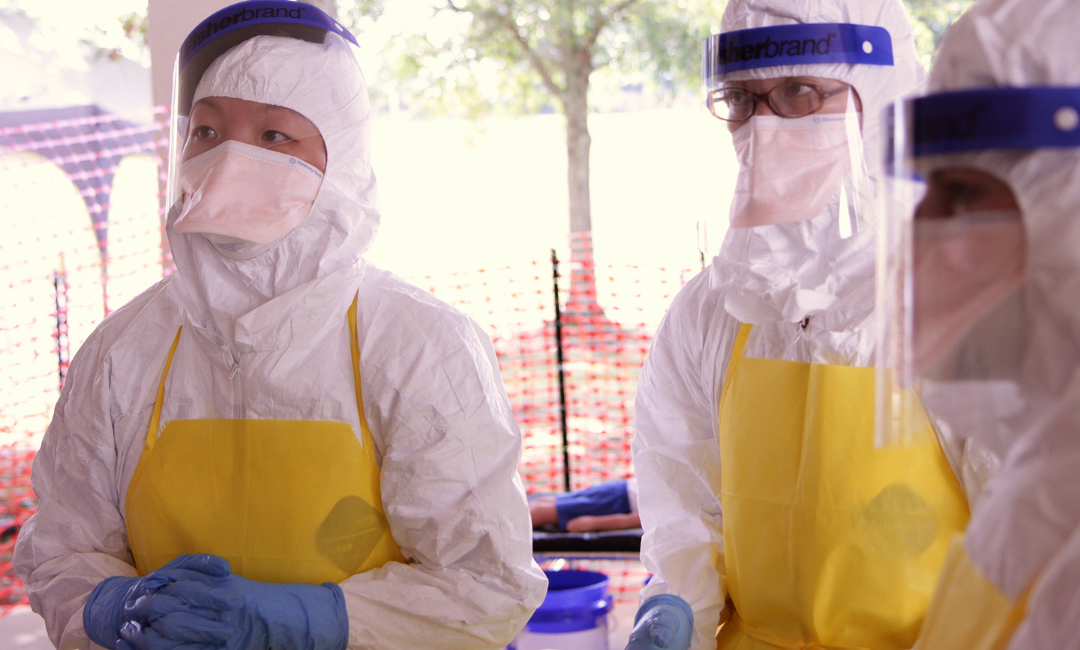What are Employment-Based Immigrant Visas?
Employment-based immigrant visas are offered at five levels to qualified candidates as part of U.S. immigration law:
- Employment First Preference (E1): Priority Worker and Persons of Extraordinary Ability
- Employment Second Preference (E2): Professionals Holding Advanced Degrees and Persons of Exceptional Ability
- Employment Third Preference (E3): Skilled workers, professionals, and unskilled workers (other workers)
- Employment Fourth Preference (E4): Certain special immigrants
- Employment Fifth Preference (E5): Immigrant investors
Nurses fall under the E3 category.
About 140,000 employment-based visas are issued each fiscal year, according to the State Department. To initiate the visa process, prospective employers obtain labor certification approval from the Department of Labor, then file the Immigrant Petition for Alien Worker, Form I-140 with the U.S. Citizenship and Immigration Services (USCIS), if required.
Visas are issued in the order the petitions were filed, and the filing date is the applicant’s priority date. A visa can’t be issued until the priority date is reached.
“In certain heavily oversubscribed categories, there may be a waiting period of several years before a priority date is reached,” the Department stated on its website.
Nearly 400,000 applicants are still waiting for an interview following the schedule of June 2024 appointments, according to the State Department’s Immigrant Visa Interview-Ready Backlog Report. However, USCIS said in February that its case backlog decreased by 15% in FY 23.
And as far back as 2021, the American Hospital Association has sought prioritization in processing immigrant visas for eligible nurses. In a letter to U.S. Secretary of State Antony Blinken, AHA President Richard Pollack argued that there has “never been a more urgent need” for the care foreign-trained nurses provide.
“These professionals play critical roles in ensuring the health of the communities we serve. Moreover, they are highly qualified and required to meet our nation’s rigid standards of equivalent education, English fluency, and state licensure, with no disciplinary record,” he wrote. “Foreign-trained nurses do not displace American workers. At the same time, the demand for nurses continues to grow. Many foreign-trained nurses are recruited to rural and inner-city hospitals, locations that find it more difficult to recruit domestically.”
No visas exist for the healthcare industry specifically.
How Could the Visa Freeze Impact the Nursing Landscape?
Immigrants account for 16% of registered nurses in the U.S. and 21.4% of nursing assistants, according to The Migration Policy Institute’s analysis of the U.S. Census Bureau’s 2021 American Community Survey.
When the State Department issued a similar freeze last May on green cards for foreign workers, Politico reported that the demand for worker visas is higher than the supply, Politico reported, and green card quotas haven’t been updated since 1990, “despite population growth.”
Luke LeBas, an emergency medicine physician in Louisiana, told Politico at the time that it won’t be good if the “pipeline” stops.
“I’m talking significant holes in the nursing field, which is already on such a razor-thin edge right now,” LeBas said.
The American Health Care Association/National Center for Assisted Living said at the time that the backlog of international nurses leads to a backlog in access to long-term care for seniors.
“At a time when the Administration plans to propose a federal staffing mandate for nursing homes, Washington should not simultaneously create barriers to recruit the nurses we so urgently need,” Clif Porter, AHCA/NCAL’s senior vice president of government relations, said in a news release.









